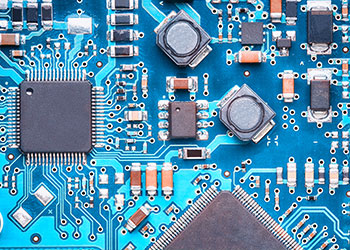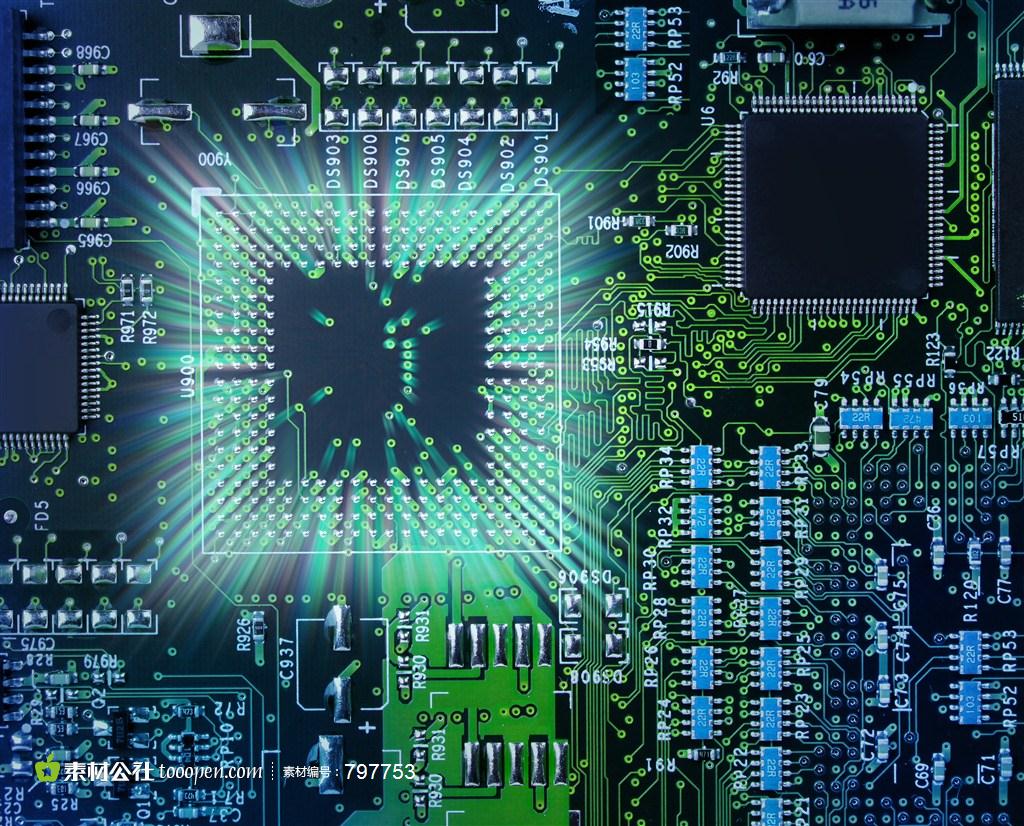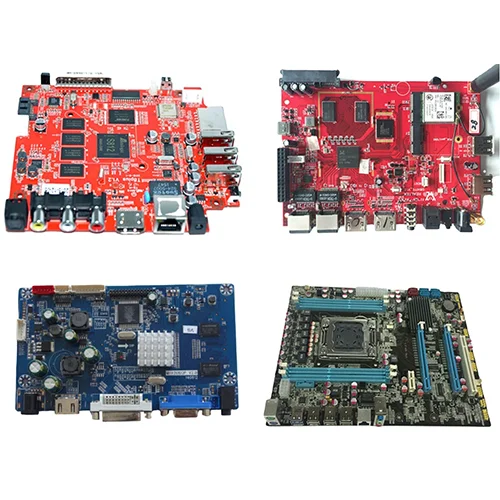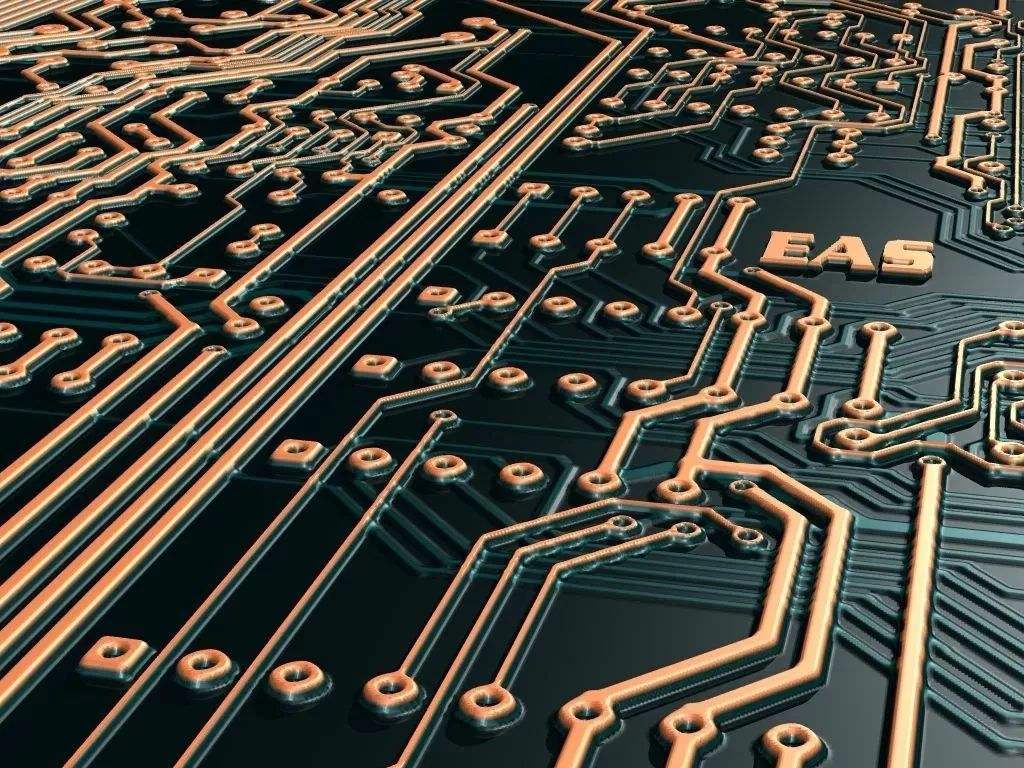
A Simple Tool for Removing PCB Process Edge
Abstract: This paper introduces the design principle of a simple edge removal tool The tool can quickly and reliably cut PCB boards of various sizes and pre carve V-shaped grooves I hope it will be helpful to relevant engineering designers
1 Development background
Polychlorinated biphenyls (PCBs) refer to the printed circuit board that has completed the assembly of components, which are widely used in aviation and other fields, numerical control, computers, and automation equipment Due to the requirements of manufacturing, logistics and other factors, it is necessary to achieve the purpose of changing the board of directors in PCBs The product does not need this process edge Therefore, it is necessary to remove the PCB process edge after PCB assembly Methods for removing process edges PCB can be roughly divided into three categories: V-shaped cutting separator, milling separator and manual edge removal For example, from the perspective of quality, the effect of the milling cutter (also known as the milling cutter type cutter, the curve cutter) covers the limitation that the V-cut cutter can only be divided in a straight line High speed operation is a kind of equipment for separating multiple workpieces. Polychlorinated biphenyls can replace manual fracture or V-shaped cutting defects according to the path designed in advance to improve product quality and reduce scrap rate The disadvantage is that it is expensive and complicated to operate (requires programming); V- The price of the cut splitter is much cheaper. The blade is used to cut PCBs along the V-shaped groove of the mold, but it can only be cut along a straight line. The cost of blade consumables is relatively high Two types of plates Manual removal of process edges can be broken by hand or separated with pointed nose pliers, which has the advantages of low cost and convenient use, but it is easy to generate stress and damage components For the requirements of small batch, multiple varieties and low cost manufacturing, it is feasible to remove the edges of circuit boards manually. However, such pipe and batch conflicts highlight the cost and reliability problems In order to solve these problems, we developed a simple tool for manual removal of PCB boards. It took these problems into account and solved the above conflicts to some extent
Polychlorinated biphenyls
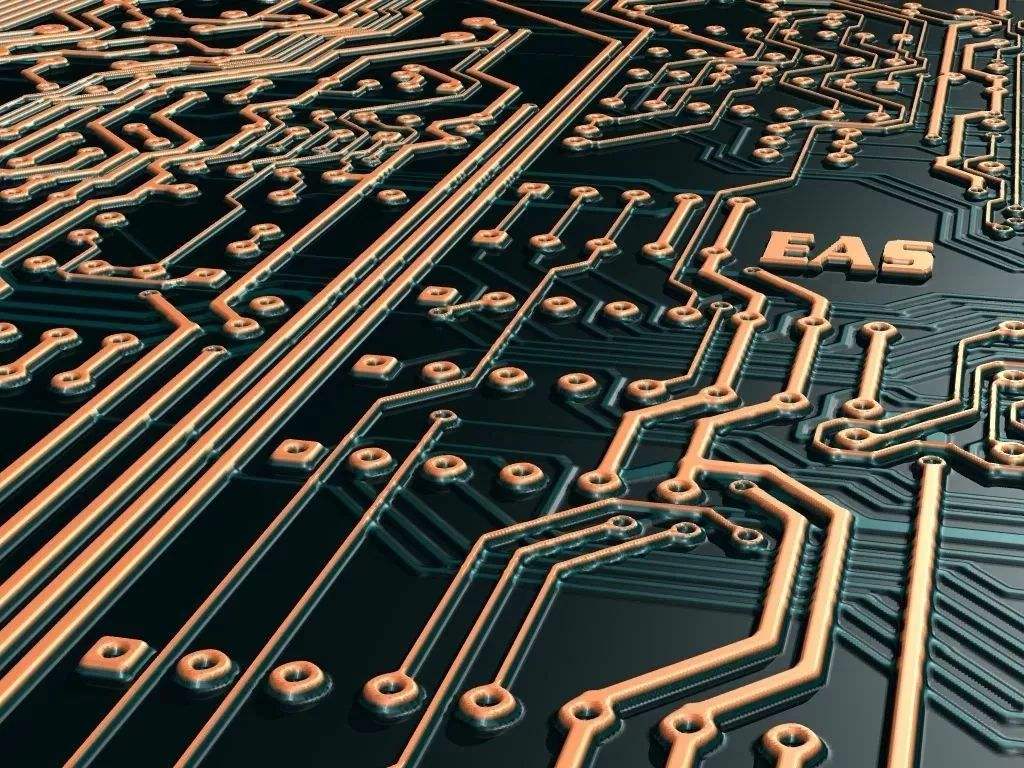
2. Tooling design scheme
This tooling achieves the purpose of removing the edge of the process through a simple mechanical structure, so the cost is very low Through a series of adjustable structures, it can meet the needs of processing edges with different sizes and thicknesses, and PCB PCB can be reduced by mechanical fixation during edge removal The pressure on the machine achieves the purpose of improving the quality of work With this kind of pipe, the use of tooling device can meet the requirements of variety, and remove the process edge with low cost and high quality, so this is a practical, convenient and cheap auxiliary device The tooling adopts the following technological solutions: an adjustable auxiliary device, which is used to manually remove the PCB board at the process edge of the workpiece, including the mounting base plate, slider base, movable slider, adjustment button and transmission structure Manually adjust the adjustment button to drive the movable slider to move along the set track on the slider base through the transmission structure Once the proper distance is reached, insert the plate from the PCB at the edge of the process to be removed into the slot of the device and grasp the PCB hand plate at the bottom The function of manually removing process edges can be achieved by applying a light force in one direction The specific working principle is shown in Figure 3. It should be noted that both hands should not hold the upper part of the finger and apply force Moreover, PCBs are easily damaged As a preferred embodiment, the mounting base plate of the tooling can be a workbench or other forms of workbench, not limited to the form of the base plate; Activity coordination and structural forms are not limited to various types of activity coordination and structural forms; The adjustment buttons can be manual rotary adjustment or other forms of adjustment buttons, not limited to the form of adjustment buttons; Its transmission structure can be bevel gear transmission or other forms of transmission structure, not limited to this transmission structure
the tooling has the following advantages:
(1) Low production cost;
(2) Simple operation;
(3) The quality of the removal process edge is good, and PCB board are subject to less stress;
(4) It has a wide range of applications and can adapt to PCB boards with different thickness and board margins;
(5) The structure is flexible and practical, and can be manually adjusted to adapt to PCB plates of various thicknesses and sizes
3. Conclusion
The application of the auxiliary device for manually removing the process edge of the PCB With this pipeline, the tooling can replace the special equipment with high cost, so it is a practical, conventional, flexible auxiliary device, which can reduce the overall cost It can be widely used in edge removal of polychlorinated biphenyl process and become a reliable solution Plan


